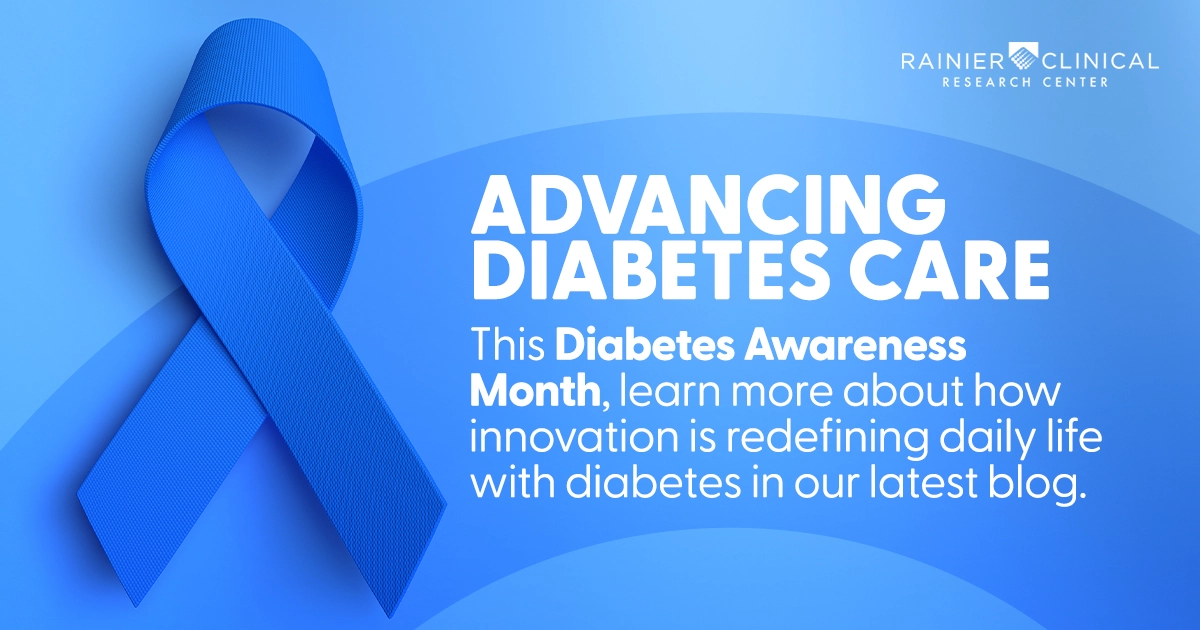

The Impact of Nutrition on Brain Health
When it comes to Alzheimer’s disease, many people think first of genetics, age, or brain health. But emerging research suggests that what’s on your plate may also play a role in protecting your mind. Nutrition isn’t just about keeping your body healthy, it may also help support your brain.
How Diet Affects Brain Health
The brain requires a constant supply of nutrients to function at its best. Diets rich in antioxidants, healthy fats, vitamins, and minerals may help reduce inflammation, protect brain cells from damage, and improve communication between neurons. On the other hand, a diet high in processed foods, saturated fats, and added sugars can contribute to oxidative stress and chronic inflammation, factors linked to an increased risk of cognitive decline.
The Role of Specific Nutrients
• Omega-3 fatty acids (found in fatty fish, flaxseeds, and walnuts) may help maintain healthy brain cell membranes.
• B vitamins like B6, B12, and folate play a role in supporting memory and reducing homocysteine levels, which are associated with cognitive decline.
• Antioxidants from fruits, vegetables, tea, and dark chocolate may help counteract the harmful effects of oxidative stress.
Nutrition and Alzheimer’s Prevention
While no diet can guarantee prevention, patterns like the Mediterranean diet and MIND diet have been linked to better cognitive health and a reduced risk of Alzheimer’s disease. These eating styles focus on whole foods, plant-based meals, lean proteins, and limited processed sugars nourishing both the mind and body.

Why This Matters Now
Alzheimer’s is a complex condition influenced by many factors, including genetics, lifestyle, and environment. While nutrition is just one piece of the puzzle, it’s a piece we can control. Small changes today may help protect cognitive health for years to come. At Rainier Clinical Research Center, we’re committed to exploring every avenue that may help slow, prevent, or better manage Alzheimer’s disease. If you or someone you love has been diagnosed with Alzheimer’s, explore our Alzheimer’s research studies.


